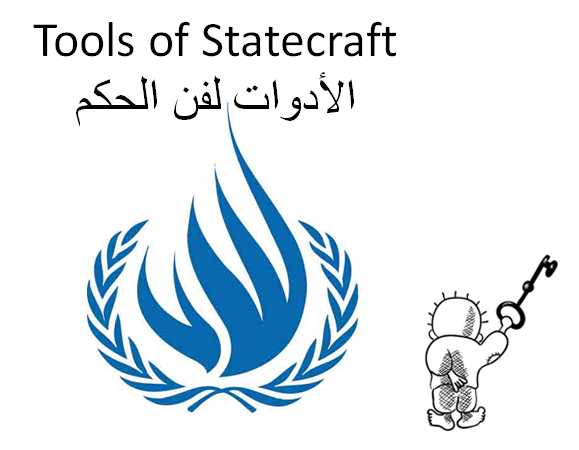Human Rights Training in Palestine: Back to Basics

As an intellectual figure at the turn of the 20th Century, Rosa Luxemburg realized the indispensable role of pedagogy in progressive political formations. In the case of Luxemburg, she famously put this to practice as a teacher in her political party’s school from 1907 to 1914. The same consciousness-raising lesson holds true also for civil society organizations struggling with immense political and material challenges facing their communities and constituents. Training and civic education are essential to successful social movements and the continuous improvement of living conditions they seek.
For any movement, learning and teaching are essential, yet unending tasks. In that spirit, HLRN has worked consciously with HIC Members and other allies to maintain the Coalition as learning experience through debate, inquiry and knowledge exchange.
In late 2019, HLRN partnered with HIC Member Al Haq and allies from the Health Work Committees (HRW) in Palestine to deliver training courses in Ramallah, Palestine on the practical application of human rights. The first of these involved HLRN and Al Haq organizing a workshop on the International Covenant on Economic, Social and Cultural Rights: Knowing the Obligations,” 3–4 September 2019. The second saw HLRN providing a training course entitled “Requirements for Implementing the Right to Health in a Holistic Sense (Social, Political, Economic and Legal) and the Constraints of International Aid,” 17–20 November 2019. The HRW course, made possible by a Rosa Luxemburg Foundation grant, applied the human right to the highest standard of mental and physical health within the treaty-bound state.
The context of Palestine’s West Bank is special, if not also unique. Since the shift from a bi-polar world and the Oslo Process began nearly three decades ago, political parties and affiliations have declined across occupied Palestine. Concurrently, the State of Palestine has gained official status in the international system, not least by Palestine’s unreserved accession to the principle human rights treaties in 2014. As a population still under a foreign military occupation, Palestinians have to conduct their policy analysis and political action facing not one, but two treaty-bound, duty-holding states: Palestine and Israel.
From this standpoint, HLRN’s coordinator provided a curriculum that started from the basics of civic education, grounded in an understanding of the international law criteria of a state and the nature of the obligations of all of the state’s organs under treaty. In both intensive workshops, the program followed a course whose first day was dedicated to human rights methodology and the clarification of terms and concepts. Participants explored the international law meaning of terms such as “spheres of government” (as distinct from tiers/levels of government), “victim,” “violation,” “reparation” and the distinction between “commitment” and “obligation.”
In both workshops, participants learned about the bundle of entitlements that fulfill the right to “reparation” for victims of a gross violation. They learned how the treaties tell us what the state party is supposed to do, and how to do it. In both workshops, participants were also exposed to the past forty years of deliberation, definition and standard setting on “indigenous peoples,” which sparked much debate as to its relevance to Palestinians.
The resulting clarity and common understanding of concepts and terms then formed the basis from which to explore the normative content of the human right under review. This theoretical foundation then enabled participants to “unpack” that content as tools of analysis needed before assuming a human rights-based approach.
Both training events culminated in practical outcomes. In the workshop organized by Al Haq, civil society representatives were able to apply human rights methodology arising from the Covenant to housing and land. They learned how to take their case before the review of either state (Palestine or Israel) before the treaty-monitoring body, the Committee on Economic, Social and Cultural Rights. In the case of HWC workshop, health-sector practitioners dedicated the final day to policy analysis grounded in the human right to health in two subject areas: (1) reform of the National Health Law and (2) health services for persons with disability. In both cases, participants increased their capacity to use the established norms of human rights to monitor, analyze and evaluate their situation, and to advocate the change they seek.
|